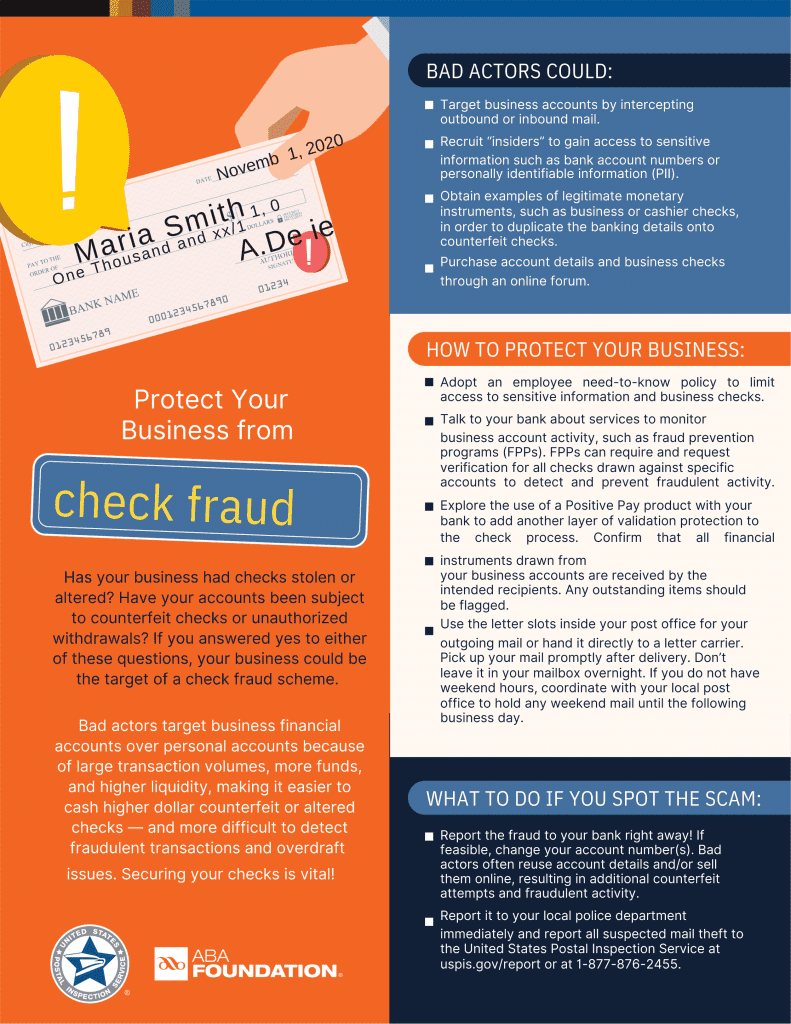
One of the truisms of insurance is that you never know how much you need it until you need it. That is certainly true for businesses, which are exposed to a variety of risks on a daily basis, most of which can be mitigated with the appropriate insurance coverage. The question is, what types—yes, “types” in the plural—of insurance should you consider to protect your business?
In this post we’ll guide you through the insurance you should explore for your business, but before you purchase a policy, make sure to speak with a licensed insurance agent who can work with you to determine the best path forward.
1. General Liability Insurance
General Liability Insurance provides coverage for your business and your employees for claims brought against either of them due to bodily injury and/or property damage. For example, General Liability Insurance would provide coverage for a contractor whose employee damaged a customer’s car while walking with a ladder, covering the cost of repairs to the customer’s vehicle as a result of the incident.
2. Property Insurance
Property Insurance protects you from a significant financial loss to property or assets owned by your business, including buildings, inventory or equipment used in business operations. You’ve worked hard to keep your business running; Property Insurance can help you get back on your feet with minimal out-of-pocket expense in the event of a fire or other adverse event. You can also benefit from other coverages typically included with your Property Insurance, such as coverage for your customers’ property that is under your custody and control, business interruption insurance to protect you if your business has to unexpectedly close due to a covered event, and equipment breakdown coverage for items such as the boiler or furnace on your premises.
3. Commercial Auto Insurance
It is important to protect your company when you are on the road. If you have company vehicles or ask your team to use their vehicles for business purposes, the right commercial auto insurance will protect you and your employees in the event of an accident. And please note, work-related accidents are rarely (if ever) covered under personal auto insurance. If you are asking employees to use their own vehicles, make sure you have the right coverage! If you own a fleet of delivery vehicles or trucks, in particular, this will be a must for you.
4. Workers Compensation Insurance
Keeping your employees safe on the job is key to keeping your business running smoothly. However, if an employee becomes injured or ill on the job, workers compensation insurance will ensure you can provide coverage for lost wages and medical expenses, coverage which is required by law.
5. Commercial Umbrella Insurance
If you need an additional layer of protection beyond what General Liability Insurance can provide, an umbrella policy may fit the bill. These policies provide excess coverage above and beyond your general liability limits to ensure you have the amount of protection that meets your needs. You’ll want to connect with a trusted insurance agent to make sure you’re purchasing the right coverage for your business size and liability risk.
6. Key Person Insurance
In the tragic event of an owner or senior executive’s death, your company will need to navigate the ensuing reality, which may include a potentially lengthy transition process. Having Key Person Life Insurance or a buy/sell agreement in place can make business continuation as smooth as possible during a very difficult time.
Key Person Life Insurance covers key personnel in your organization. In the event of a death, the beneficiary of the policy, which is the business itself, is paid the proceeds. The proceeds can be used to pay such items as the expenses associated with recruiting and hiring replacements, or help with a reduction in cash flow if there is a decline in revenue or an increase in expenses resulting from the event.
Buy/Sell Agreements are also used to ensure the continuation of a business after the death of an owner with a majority or minority interest in the business. Among other strategies, the agreements can ensure that the surviving owners have the ability to pay the value of the deceased partner’s share to his/her heirs, should those heirs choose to no longer remain involved with the business. The cash to fund the agreements often comes from life insurance policies on the owners.
7. Advice and Guidance – Early and Often!
Remember – your policies and your business needs can change often. At the start-up of your business and regularly thereafter, it is important to speak with a licensed insurance representative who can assess all of your business needs and find the right coverages for your specific situation.
Looking for peace of mind, knowing your commercial business is properly insured? Call Kennebunk Savings Insurance at 1-800-794-2941 to speak with an insurance agent.


